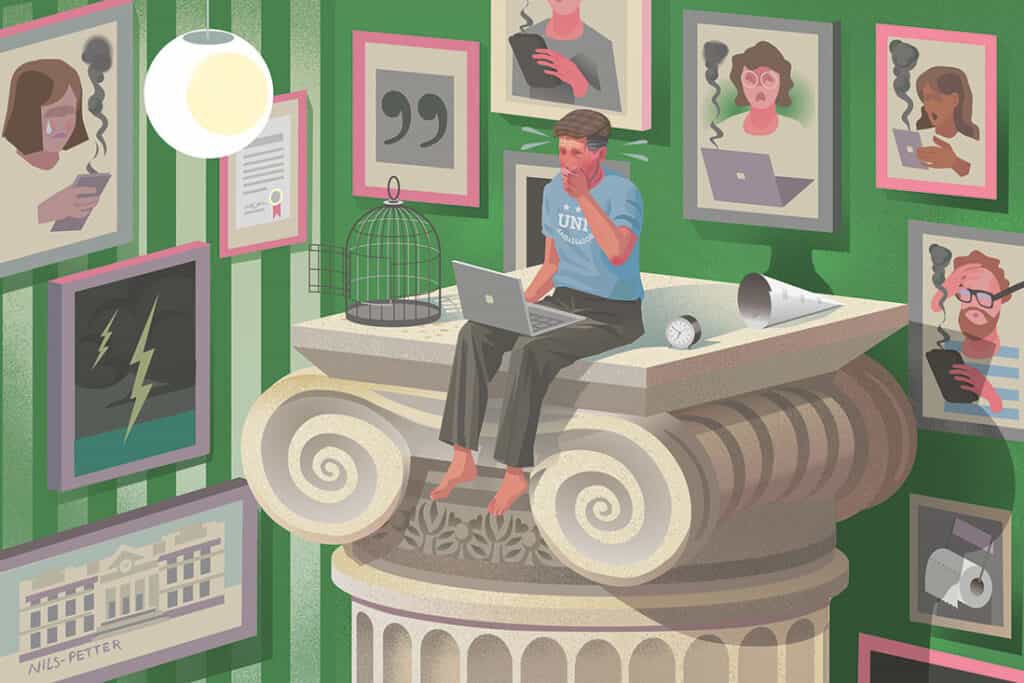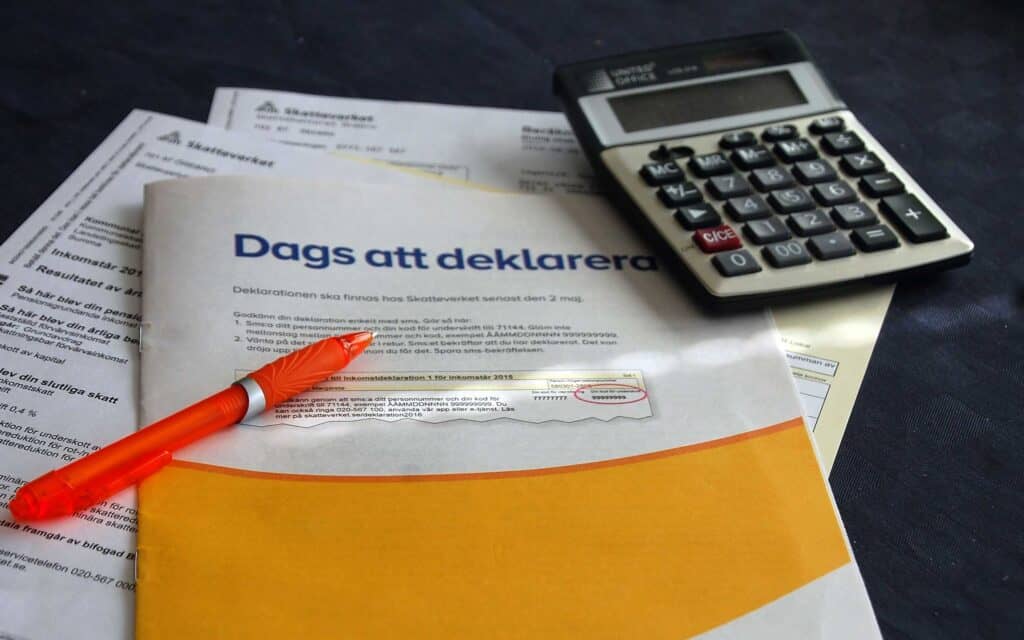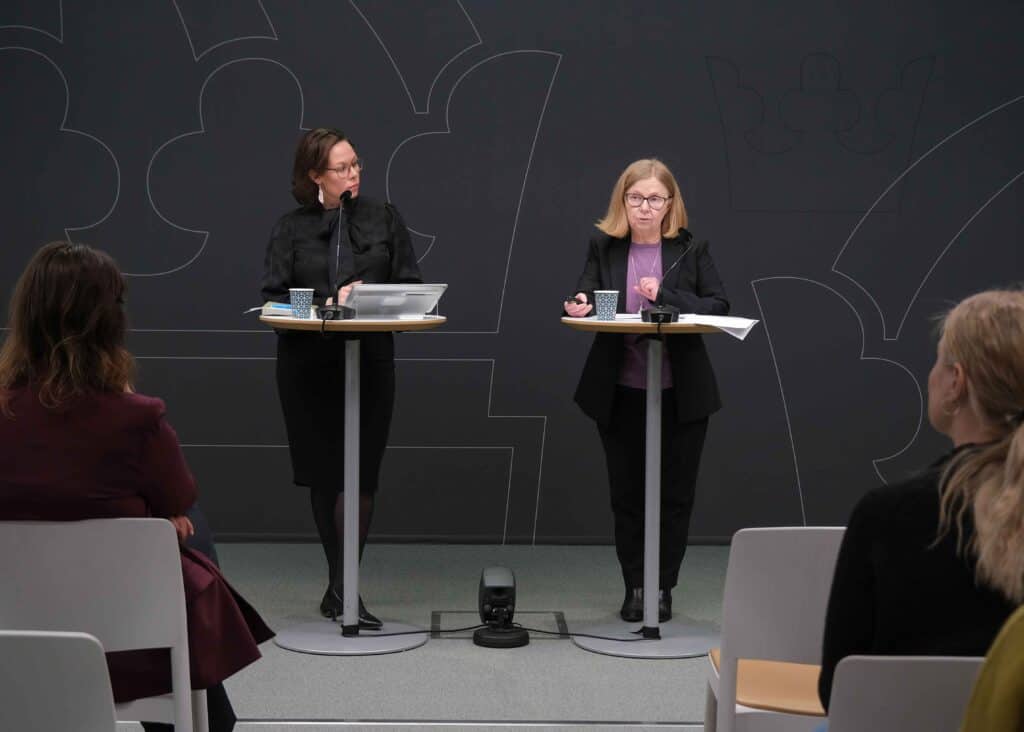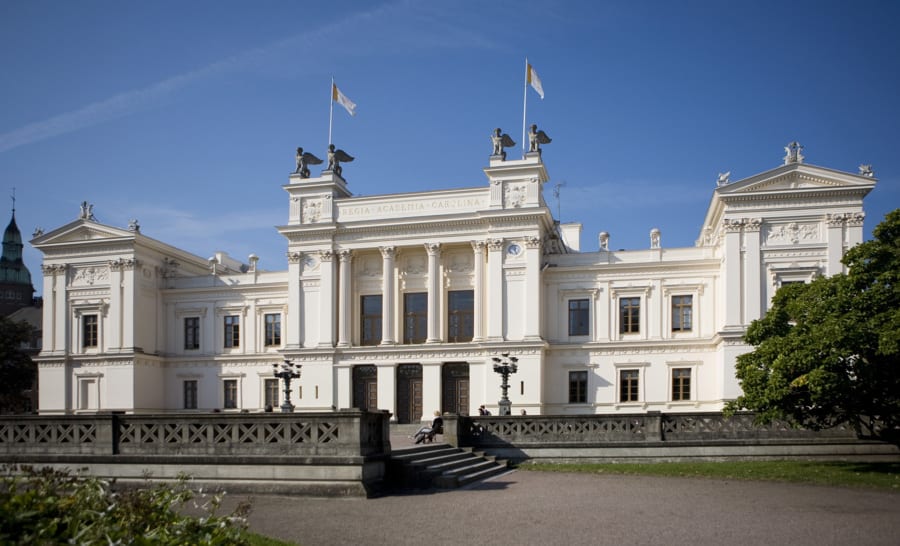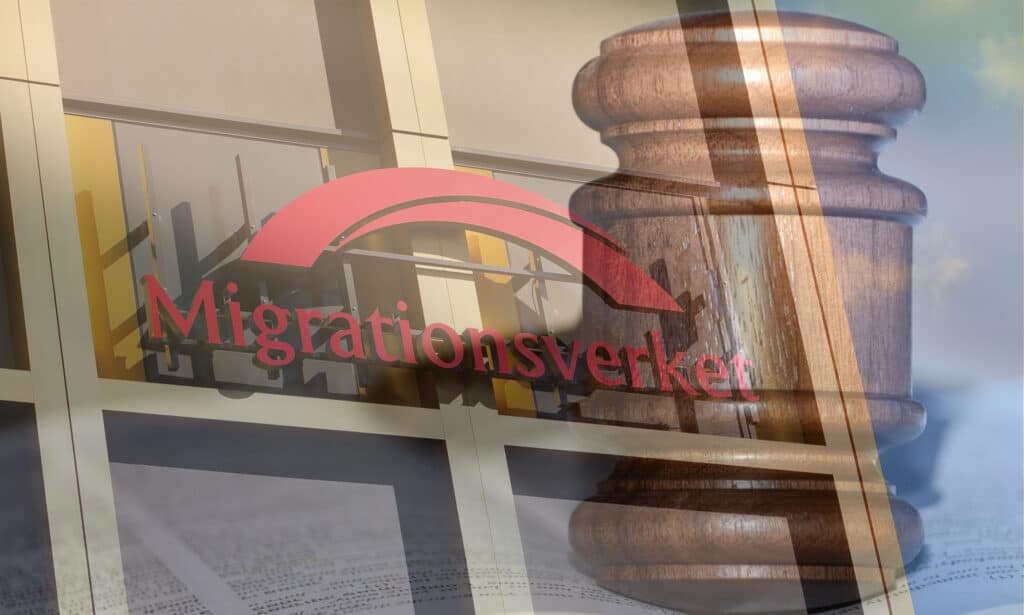“Every time I mark exams, I feel like I lose a little more of my remaining (meagre) hope for humanity.” These words were posted on X in May this year by a teacher at Karlstad University. The post generated strong reactions, not least from the teacher’s own students, who were offended and saddened by it.
In a subsequent interview with the newspaper Nya Wermlands-Tidningen, the teacher explained that the post was not aimed at a specific class, but was instead a way of highlighting a structural problem of low levels of knowledge.
The post also raised another question: Are people employed at higher education institutions allowed to express themselves however they like on social media?
“From a purely legal point of view, there are restrictions that apply to all people,” says Nils Funcke, an expert on freedom of expression. “The most common of these are things that fall into the category of slander and incitement against a specific group of people. But there are a whole host of other crimes that cover statements both on social media and in traditional media.”
He describes everyone’s right to freedom of expression as far-reaching, both in that it covers many types of statement and that there is a long and strong tradition of such freedom in Sweden.
“Much of what is said can be perceived as offensive by a group or an individual, but still be defensible. And if it is defensible, it should not be punished. And that of course also applies to university employees.”
“State agencies may absolutely not limit their employees’ freedom of expression,” he continues. “They must tread carefully, for example, when it comes to wording policies. There are terrible examples where they have written things like ‘we should all act as ambassadors for our authority’. That is a sign that you have a lot of cobwebs in the corners that you are not dealing with.”
At the state sector higher education institution Umeå University, Anna Dahlgren is head of communications. She and her team have overall responsibility for all the university’s official social media and work a lot with issues related to the use of these channels.
A couple of years ago, she tells us, Umeå University had a policy regarding employees’ use of social media, but because the development of these platforms is so fast, they decided to scrap it.
“We think that the state and academic values provide good enough guidelines for how we should behave on social media, both as an organisation and all the employees who are part of it. For example objectivity, which means that we are not allowed to express ourselves in the name of the university on matters that are personal opinions or outside our own field of research,” says Dahlgren.
The institution has no specific restrictions regarding what an employee may and may not express through their own social media accounts, but it encourages everyone to follow the state’s core values. It is a question of respecting everyone’s equal value and maintaining freedom and dignity in opinion building.
“That must permeate everything we do, including social media.”
Instead of a policy, Umeå University has developed a communication guide for use if an employee wants to open an account in the university’s name, for example an account linked to a research study.
“This kind of account is more regulated. Probably not everyone realises that we as a state authority have requirements regarding the archiving of public documents, for example.”
The privately owned university Chalmers in Gothenburg works in a similar way when it comes to social media. Like Umeå University, Chalmers does not have a specific social media policy that covers employees’ own accounts. However, they have written regulations for accounts run in the university’s name, says communications manager Ingrid Claesson.
“If you are going to run an official Chalmers account, it needs to follow our guidelines and be about the university’s activities,” she explains, “Research, public engagement and education. The guidelines are there to provide security and quality assurance. Before an account is launched, you can get help to go through how it should be managed.
Chalmers also provides support for employees who want to use social media to talk about their work at the university. They offer a course specifically for researchers, with advice on how to reach an audience with their own communication in a simple and effective way. They are also just about to start a training course focused on LinkedIn. Participation in both courses is completely voluntary.
“We are available for advice regarding employees’ own channels and assistance regarding the rules for all official Chalmers accounts,” says Claesson.
Both higher education institutions’ working methods are in line with Nils Funcke’s assessment of what an authority can and cannot decide with regard to employees’ private social media accounts.
“You can write general recommendations, for instance that it is good to think about the tone of posts. You may also place restrictions on what is posted on accounts in the university’s name. The management has a monopoly there,” he says.
However, he thinks it is important to bear in mind that people in senior management positions at a state agency, for example vice-chancellors at higher education institutions, will always be linked to their workplace, regardless of whether they aim to express their thoughts as private individuals on social media.”
“It is not enough that you add a note to say that you are expressing your private opinion. If the matter you write about concerns the work of the authority, what you post will be perceived as the official position of the authority,” he says. “But of course it is not a problem to post things like photos taken at a birthday party or recipe ideas. Those have nothing to do with the university.”
Funcke thinks the statements posted by the teacher at Karlstad University are perfectly acceptable – perhaps even necessary.
“It is important and useful to be able to give general criticism. The students who feel offended may need to do some form of self-examination and think about whether there is any truth in what has been written. As long as you do not single out a specific, identifiable group, it is not problematic, but rather stimulating.”
Things to think about on social media
- Never give the impression that your own views are the opinions of the higher education institution – unless you have been appointed by the management to represent it.
- Sleep on your post. Things happen quickly on social media, but it is often worth thinking twice before publishing a post.
- If you could not imagine yourself saying what is in the post in front of your colleagues in the staff room, do not post it on social media.
- Process and reflect on what you intended to write with one or more colleagues before posting.
